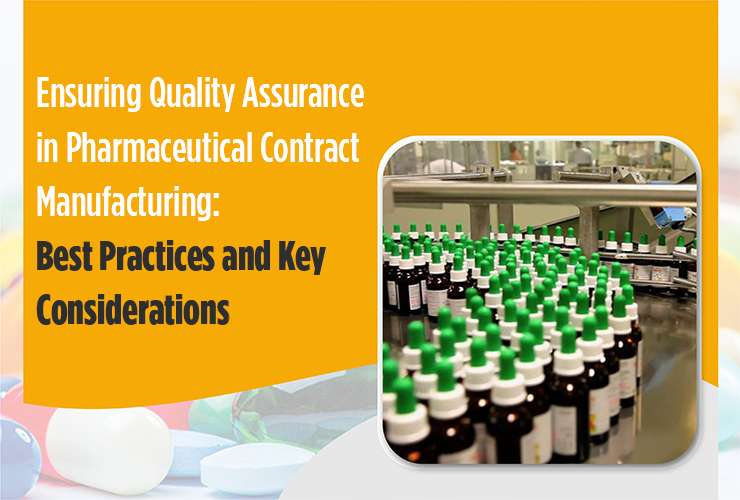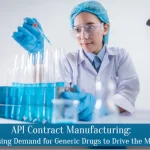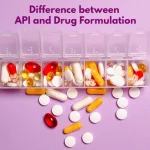

Introduction
Pharmaceutical third-party manufacturers are pretty sure about their quality and maintenance. Quality assurance denotes the procedures and dealings applied to confirm that pharmaceutical goods are mass-produced in compliance with industry regulations and meet high-quality standards. This is vital to promise the well-being, effectiveness, and consistency of the pharmaceutical products being produced.
Aspects of Quality assurance
Quality is the most preferred element of pharmaceutical contract manufacturing and they strive to attain the same always. Their measures to adapt the same remain firm, rigid, and strict and they leave no stone unturned to get the highest standard of the same. Some key aspects and activities involved in quality assurance in pharmaceutical contract manufacturing are:
- Pharmaceutical products are subject to GMP compliance which states good manufacturing Practices are taken up under controlled and standardised conditions. It further states that the whole manufacturing process was thoroughly examined and taken up with utmost care and vigilance inclusive of suitable facilities, equipment, trained staff, and validated manufacturing processes.
- Quality management system (QMS) helps to streamline all quality-related activities throughout the manufacturing process where Quality control testing, authentication of equipment or processes, documentation or change control, etc. remain integral.
- The quality is assessed and evaluated at every level and thus Quality control remains crucial throughout the manufacturing process. Different ways of testing like in-process, raw material, complete product, stability environmental monitoring, etc. are performed under trained professionals.
- Even to ensure the quality suppliers are chosen with utmost clarity and care, they are checked based on raw materials, packaging, etc. abiding by the quality standards or not. The same is done by showing systematic audits, quality valuations, and sustaining a proper supplier qualification system.
- Revising and approving batch accounts is critical to guarantee that all engineering processes, including weighing, mixing, blending, packaging, and labelling, are completed as per permitted dealings and meet the essential specifications.
- Other than this, maintaining accurate and complete records like batch records, standard operating procedures, protocols, reports, specifications, etc., training the staff, and enhancing their skills to get the desired results remain a continuous process in pharmaceutical contract manufacturing.
- The most important part of the quality is going by the laws and adhering to the regulatory requirements and guidelines like FDA, EMA, and other regulatory bodies. Compliance of the same results in cent percent accuracy and quality.
Akums Drugs and Pharmaceuticals Ltd.
Akums Drugs and Pharmaceuticals Ltd. is a WHO-GMP-certified pharmaceutical third-party manufacturer that is known for its best practices to maintain and assure the quality of all the products, services, and endeavours they offer to the industry. Compliance, commitment, and consistency help them to attain the finest quality through which they are known and recognized in the industry.
FAQS
Q1. Why does quality assurance remain crucial in pharmaceutical contract manufacturing?
Ensuring quality assurance in pharmaceutical contract manufacturing is crucial for maintaining patient safety and product efficacy. By implementing and maintaining robust quality assurance processes, pharmaceutical contract manufacturers can ensure that the products they produce are of high quality, safe for use, and meet the required regulatory standards. This also helps to build trust and confidence among customers and regulatory authorities.
Q2. What is the role of staff training in maintaining quality assurance in pharmaceuticals?
The Pharmaceutical industry is looked up with high expectations and regard. They don’t leave any stone unturned to attain the highest level of efficiency and quality. Staff training is one of the crucial aspects of the same. Continuous training and performance evaluation are conducted to maintain a high level of expertise and competence.



